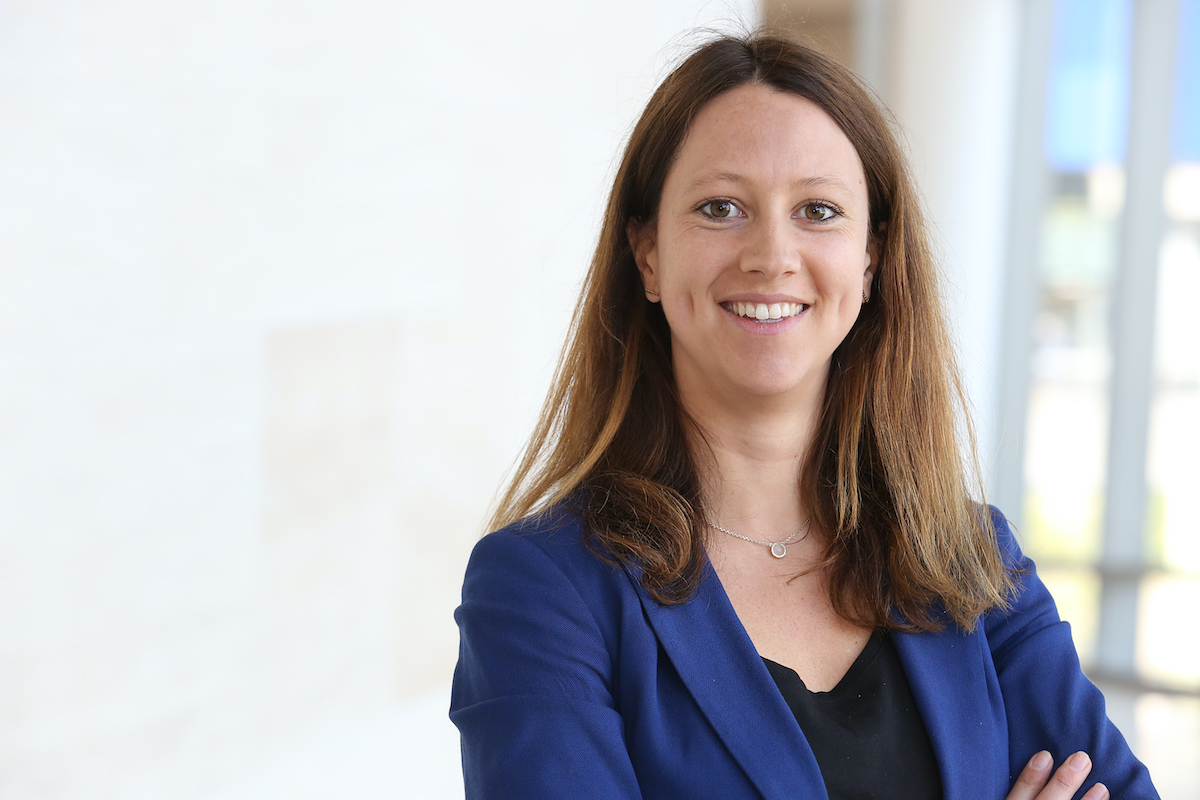Role & Organisation
Associate, Impact Investing, at the Paul Ramsay Foundation.
What was your first job?
My first job was at ABN AMRO Bank, where I started out in a general management traineeship, rotating through various positions in corporate banking in Amsterdam, London and Singapore – a great environment for developing my technical skills and learning about the world of finance.
At ABN AMRO I would later also take my first steps in impact investing when I co-founded an ‘Impact Banking’ initiative, offering innovative lending products to smallholder farmers in developing countries, aimed at making positive social and environmental impact alongside a moderate return.
When did you know you wanted to work in finance/business?
I’ve had an interest in business and finance from an early age and quite naturally ended up studying Economics at the University of Amsterdam (where I’m originally from). During my studies I was especially interested in the field of development economics and how capital can be used as a tool to promote social and environmental wellbeing. My dream was to start a micro finance bank in Africa.
When did you first discover the concept of Impact Investing?
I wrote my bachelor thesis about the performance of sustainable equity investments compared to conventional equity investments of listed companies. This triggered my interest in the emerging field of impact investing.
What is an interesting impact deal that you’ve worked on at the Paul Ramsay Foundation?
Last year, the Foundation provided seed funding for a pilot impact fund of First Australians Capital, a national Indigenous-led organisation which provides support and funding for early-stage businesses majority owned by Aboriginal and Torres Strait Islander entrepreneurs. The fund is the first of its kind, focusing on Indigenous entrepreneurship. We hope this will pave the way for more initiatives and encourage new investors in this space.
Name one high impact company (globally) that investors should keep their eye on?
A high impact company that I love is the Dutch chocolate maker ‘Tony’s Chocolonely’, a social enterprise whose mission is to produce 100% ‘slave-free’ chocolate bars. Around 65-70% of global cocoa production comes from West Africa, where forced labour (including child labour) and other human rights violations are prevalent on cocoa plantations.
Through projects on the ground and careful supply chain management, Tony’s Chocolonely is among the first companies globally to source only ethical cocoa, setting an example for the industry. They recently became the number 1 chocolate brand in the Netherlands (bypassing household global brands) and are now expanding globally at a rapid pace. It’s a great example of an impact first company that makes big impact and strong financial results at the same time.
What’s your vision for impact investing in 5 years time?
Demand for social and environmental investments is growing exponentially. My expectation is that this trend will continue, ultimately transforming impact investing from a niche investment to a mainstream asset class that is part of any diversified portfolio. We at the Paul Ramsay Foundation are committed to accelerating this process by supporting the growth of a healthy Australian impact investing ecosystem.

